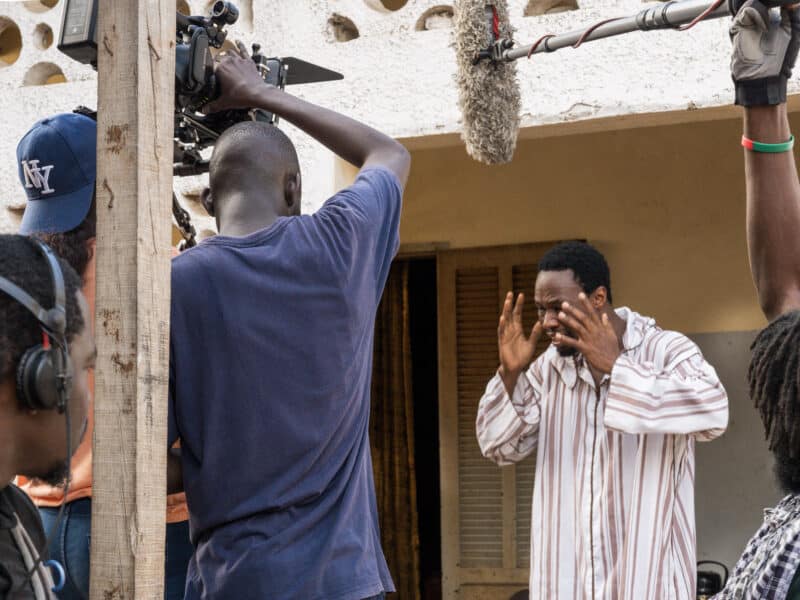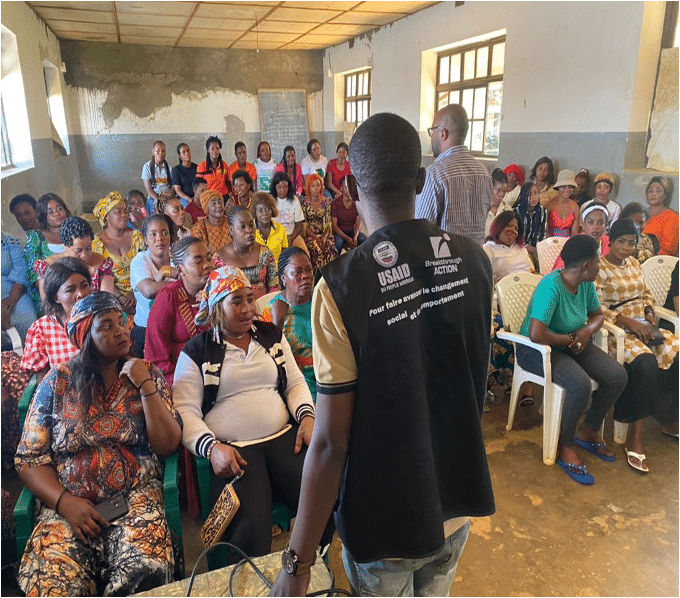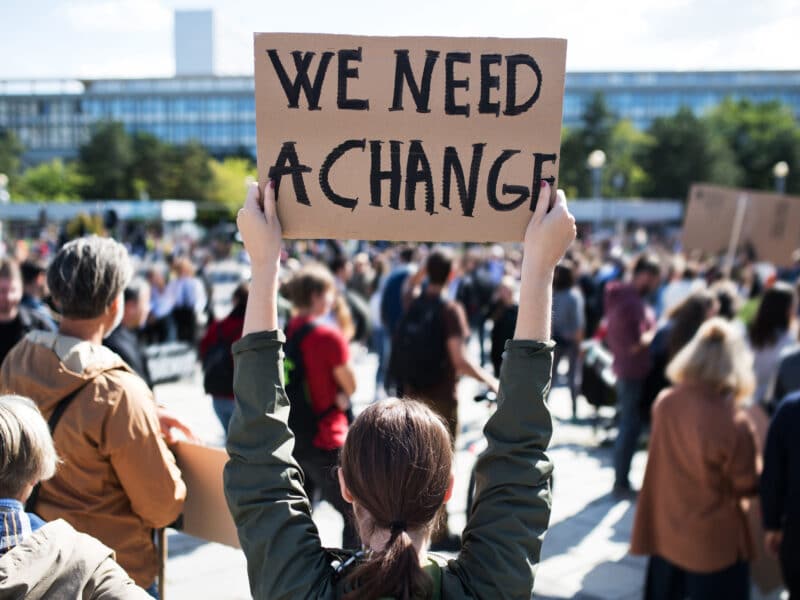It doesn’t seem like the catchiest title, but a song called “1-800-273-8255” is a hit.
The numbers are more than a random string of digits: 1-800-273-8255 is the actual phone number for the National Suicide Prevention Lifeline. And, thanks to the song, people are calling the Lifeline in record numbers. It is the perfect example of using pop culture and entertainment to change people’s behaviors for the better.
“1-800-273-8255 is a great example of how powerful music can be and what it can inspire in people,” says Caroline Jacoby, a Senior Program Officer with expertise in Entertainment-Education at the Johns Hopkins Center for Communication Programs (CCP). “A well-crafted song inspires hope, which can motivate people to take actions that change, or even save, their lives.
“And if a song can link people to quality health services, like this one does so explicitly, that’s an added bonus.”
Released earlier this year by Maryland rapper Logic, 1-800-273-8255 tells the story of someone struggling with suicidal thoughts and depression. The song details the story of someone calling the hotline wanting to commit suicide but after a conversation with the counselor on the phone, the caller decides he wants to live.
On Sunday’s broadcast of the MTV Video Music Awards, Logic performed the song before millions. According to the National Suicide Prevention Lifeline, the hotline saw a 50 percent increase in callers after the performance, calls from people who wanted to talk, who needed mental health services, or who were inspired to volunteer with the hotline. Since the song’s release earlier this year, overall calls to the hotline have risen over 30 percent compared to 2016.
“We had the second-highest call volume in the history of our service the day of the song’s release,” John Draper, director of the National Suicide Prevention Lifeline since 2004, told Variety. “It’s remained high ever since.”
Many of the callers say “the song made a difference,” he added.
CCP’s Entertainment-Education experts have produced songs in countries such as Nigeria and the Philippines that encourage people to consider modern contraception methods or to adopt behaviors that protect their family from malaria. It’s a tool that research shows can work and is at the heart of what CCP does around the world.
“Music touches our emotions and can help us consider something different for ourselves — be it a healthier, happier future or a future where they are in control of their reproductive options,” Jacoby says. “It’s a powerful tool.”





